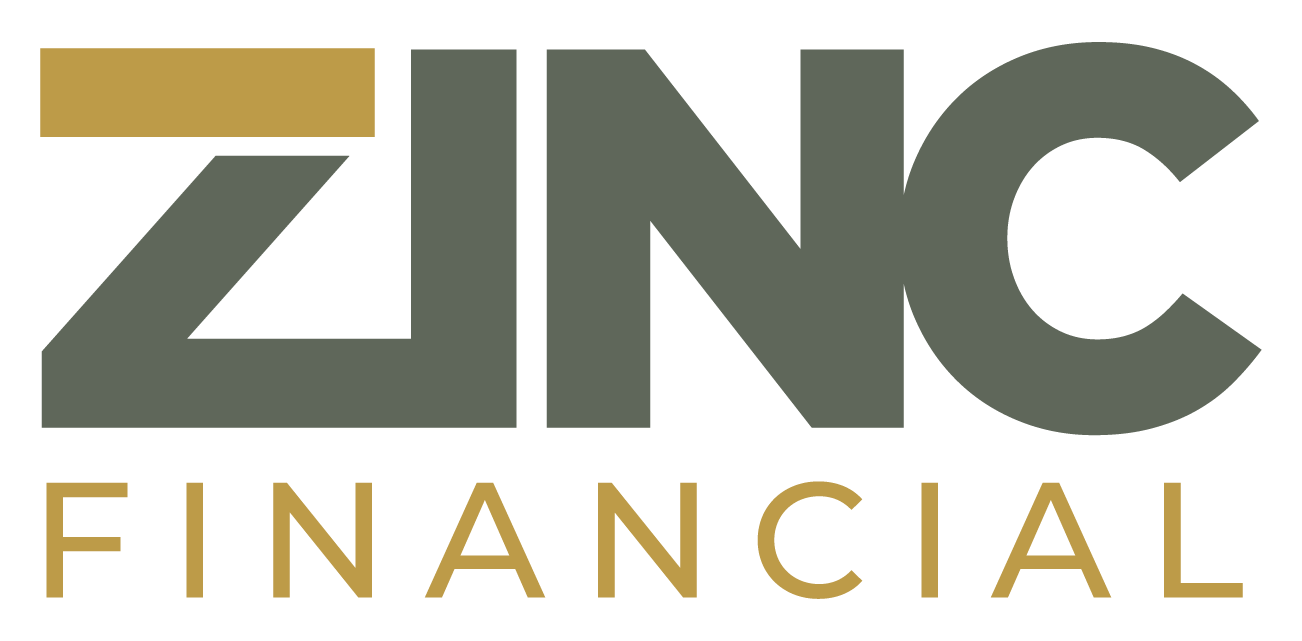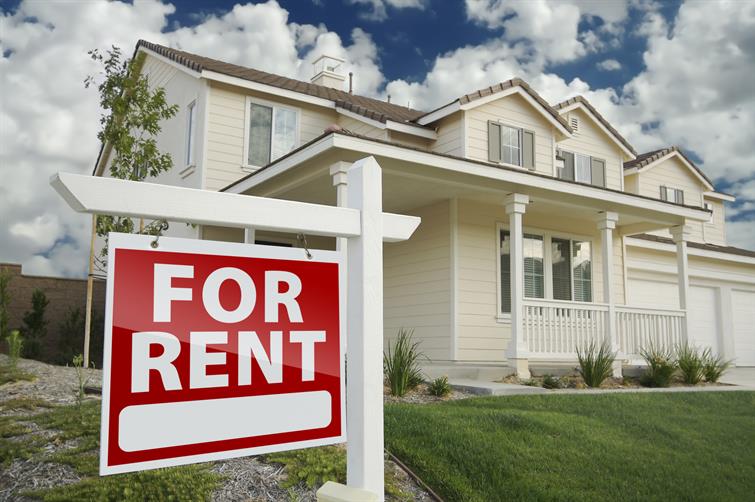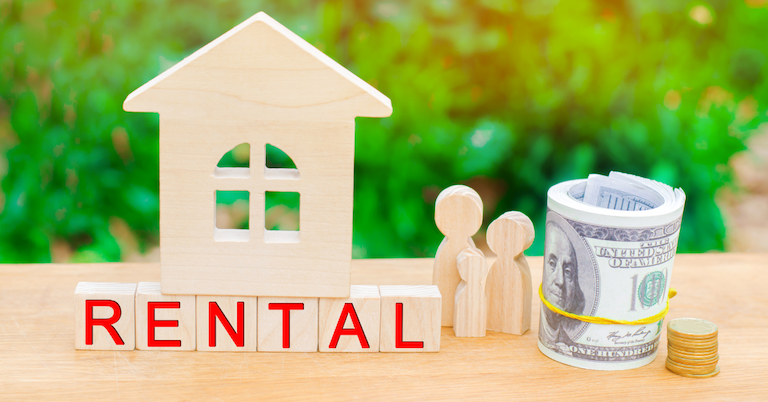When it comes to building a stable and prosperous real estate investment portfolio, long-term rental property loans are a game-changer. Understanding the intricacies of these financing options is essential for any investor looking to tap into the lucrative world of income-generating properties. In this blog, we’ll dive deep into long-term rental property loans, helping you grasp their significance, available options, and vital tips to make your investment journey a success.
What are Long-Term Rental Property Loans?
Long-term rental property loans are specialized mortgages designed explicitly for purchasing properties with the intent of generating rental income over an extended period. Unlike short-term loans, these financing options offer extended repayment terms, typically spanning 15 to 30 years, making them an attractive choice for investors seeking stability and consistent cash flow from their properties.
Types of Long-Term Rental Property Loans
Conventional Loans
When it comes to rental property financing, conventional loans are the bread and butter for many investors. These loans are offered by traditional banks and mortgage lenders, making them easily accessible. However, they often come with stricter requirements. A higher credit score is usually necessary, typically above 620, and the down payment requirement is typically in the range of 15% to 25% of the property’s purchase price. The advantage lies in the competitive interest rates, making these loans an attractive choice for investors with strong financial profiles. They’re particularly well-suited for those looking for stability in their real estate investments.
VA Loans
If you’re a veteran or an active-duty service member, a VA loan can be a fantastic option for financing your rental property. VA loans come with several advantages, including the possibility of securing a loan with no down payment, which is a significant benefit for investors looking to preserve their capital. Additionally, VA loans often feature competitive interest rates and do not require private mortgage insurance (PMI). However, it’s essential to be aware that there may be some restrictions on using a VA loan for investment properties, and there could be occupancy requirements.
Debt-Service Coverage Ratio (DSCR) Loans
Another essential type of long-term rental property loan is the DSCR loan. DSCR is a metric used by lenders to assess a property’s cash flow relative to its debt obligations. DSCR loans focus on the property’s income potential and its ability to cover the mortgage payments along with other property expenses. These loans are particularly useful for investors who want to ensure their investment properties generate sufficient income to meet their financial obligations.
USDA Loans
The United States Department of Agriculture (USDA) offers loans that can be ideal for investors looking to purchase rental properties in rural or suburban areas. USDA loans come with competitive interest rates and often require little to no down payment, making them attractive for investors seeking affordable financing options.
Blanket Loans
Investors with a diverse portfolio of rental properties might find blanket loans advantageous. These loans allow you to finance multiple properties under a single loan, streamlining the financing process and potentially reducing overall borrowing costs. They can be particularly useful for experienced investors looking to expand their property holdings.
Private Money Loans
When traditional lenders may not be an option or when quick financing is needed, private money loans can be a viable solution. These loans come from private individuals or companies and often have higher interest rates and shorter terms, making them suitable for short-term investment strategies or distressed property purchases.
Seller Financing
In some cases, the property’s seller may be willing to provide financing directly to the buyer. This can be an attractive option for investors, especially if they can negotiate favorable terms. However, it’s essential to carefully review the terms and ensure that they align with your investment goals.
Essential Considerations for Long-Term Rental Property Loans
Down Payment
The down payment is a significant upfront expense that impacts your loan-to-value (LTV) ratio and loan terms. While conventional loans often require 15% to 25% down, it’s essential to consider the specific requirements of the loan type you’re applying for. A higher down payment can lower your monthly mortgage payments, reduce the loan’s overall cost, and improve your chances of loan approval. Additionally, a larger down payment demonstrates your commitment to the investment and minimizes the lender’s risk. Planning and saving for the down payment is a crucial step in your rental property financing strategy.
Cash Flow Analysis
is the cornerstone of a successful rental property investment. Lenders closely scrutinize this aspect to ensure your investment generates sufficient income to cover not only the mortgage but also other ongoing expenses. It’s imperative to create a detailed financial projection that considers rental income, property management fees, property taxes, homeowners association (HOA) fees, insurance, maintenance costs, and a contingency fund for unexpected repairs or vacancies. Demonstrating a positive cash flow provides lenders with confidence in the property’s income potential and your ability to manage it effectively.
Credit Score
Your credit score is a critical factor in determining the interest rate, loan terms, and overall cost of the rental property loan. Lenders use this score to assess your creditworthiness and gauge the risk of lending to you. A strong credit score, typically above 700, reflects responsible financial management and increases your chances of securing more favorable loan terms. If your credit score needs improvement, take steps such as paying down existing debts, paying bills on time, and reviewing your credit report for any errors. A higher credit score not only improves your loan options but can also lead to substantial long-term savings.
Property Management
Lenders often want assurance that your rental property investment is well-managed. A comprehensive property management plan showcases your readiness to handle the responsibilities of property ownership. This plan should detail how you’ll attract and screen tenants, handle maintenance requests promptly, manage finances, and address any tenant-related issues. Providing evidence of prior experience in property management or hiring a reputable property management company can strengthen your loan application. Lenders understand that effective property management directly contributes to the property’s success, which reduces the risk from their perspective. Having a robust property management strategy in place can make a significant difference in your loan approval process.
Loan-to-Value (LTV) Ratio
LTV ratio is an important metric lenders use to assess risk. It represents the loan amount as a percentage of the property’s appraised value or purchase price, whichever is lower. Different loan types have varying maximum LTV ratios. It’s crucial to understand the LTV requirements for the loan you’re considering, as it can impact the amount of down payment you need to provide. A lower LTV ratio can also lead to more favorable loan terms.
Debt-to-Income (DTI) Ratio
Your DTI ratio is the percentage of your monthly income that goes toward debt payments, including the potential mortgage on the rental property. Lenders typically have maximum DTI ratio limits, often around 45% to 50%. A lower DTI ratio demonstrates better financial stability and increases your chances of loan approval. Calculating your DTI ratio before applying can help you assess your readiness for a rental property loan.
Interest Rates and Loan Terms
While interest rates are influenced by market conditions and your creditworthiness, they play a significant role in the overall cost of the loan. Consider whether you prefer a fixed-rate or adjustable-rate mortgage (ARM). Fixed-rate mortgages offer stable monthly payments, while ARMs may start with lower rates that can adjust over time. Understanding the loan’s terms, such as the duration and whether there are any prepayment penalties, is essential for long-term planning.
Property Location and Condition
Lenders often consider the property’s location and condition when approving a loan. Some areas may be subject to more stringent lending criteria, and the property’s overall condition can impact its appraisal value. Ensure the property is in good shape, and if it’s a multi-unit property, confirm that it meets all local zoning and safety requirements. This due diligence helps mitigate potential issues during the loan application process.
Reserves and Emergency Funds
Lenders may require you to have reserves or emergency funds set aside. These funds act as a safety net in case of unexpected expenses or vacancies. Having sufficient reserves showcases your financial preparedness to handle any challenges that may arise while owning the rental property.
Long-Term Investment Strategy
Think beyond the immediate loan approval and consider how the loan aligns with your long-term investment strategy. Are you planning to hold the property for an extended period, or do you have a specific exit plan in mind? Understanding your investment goals can help you select the right loan type and terms that align with your vision.
Benefits of Long-Term Rental Property Investments
Steady Income
The steady income generated by long-term rental properties can be a game-changer for your financial stability. Unlike many other investments that may have fluctuating returns, rental income provides a reliable and predictable cash flow. This consistent stream of income can be particularly valuable during economic downturns when other investment avenues might be uncertain. The rent you receive from tenants can help cover the property’s operating expenses, including the mortgage, property taxes, insurance, and maintenance costs. This passive income not only helps you meet your financial obligations but also provides additional funds that can be reinvested to grow your portfolio or used for personal expenses. Over time, as rental rates increase, your income stream may also grow, boosting your financial well-being and allowing you to work toward your long-term financial goals.
Appreciation Potential
One of the most enticing aspects of long-term rental property investments is the potential for property appreciation. Historically, real estate values have tended to rise over the long term, although market fluctuations can occur. Holding a property for an extended period gives you the advantage of benefiting from this appreciation. As the property’s value increases, your equity in the property grows, contributing to your overall net worth. If you decide to sell the property in the future, the appreciation can lead to substantial capital gains, providing you with a lucrative return on your initial investment. Additionally, property appreciation can be an essential part of building wealth, allowing you to leverage your assets for future investments or financial needs.
Tax Advantages
Rental property owners are often eligible for several tax deductions, making this form of investment even more attractive. These deductions can significantly reduce your taxable income and enhance the profitability of your investment. Some common tax advantages for rental property owners include:
- Mortgage Interest Deduction: You can deduct the interest paid on the mortgage used to finance the rental property. This deduction can substantially lower your taxable income.
- Property Depreciation: The IRS allows you to depreciate the property’s value over time as a non-cash deduction, which can offset your rental income.
- Operating Expenses: You can deduct a wide range of operating expenses related to the property, such as property management fees, repairs, maintenance, insurance premiums, and property taxes.
- 1031 Exchange: If you decide to sell your rental property and invest in another property, a 1031 exchange allows you to defer capital gains taxes, potentially preserving more of your profits for future investments.
These tax benefits can significantly impact the overall return on your investment, making long-term rental properties a tax-efficient way to build wealth. However, it’s crucial to work with a tax professional to ensure you fully understand and leverage all available deductions while staying compliant with tax regulations.
Diversification of Investment Portfolio
Long-term rental properties can serve as an excellent diversification strategy within your investment portfolio. They offer a unique asset class that may have a different risk and return profile compared to other investments, such as stocks or bonds. By spreading your investments across multiple asset classes, you reduce the overall risk in your portfolio. This diversification can help protect your wealth during market fluctuations and economic downturns, providing a level of stability that can be especially valuable during uncertain times.
Hedge Against Inflation
Rental income from long-term investment properties has the potential to increase over time, providing a natural hedge against inflation. As inflation occurs, the value of the dollar decreases, but rental income tends to rise, keeping pace with inflation. This means that as the cost of living increases, your rental income and property value are likely to follow suit. This built-in protection against inflation helps preserve the purchasing power of your income and increases the overall value of your investment over the long term.
Retirement and Passive Income
Long-term rental properties can play a significant role in your retirement planning by providing a consistent source of passive income. The rental income generated from your properties can supplement your retirement funds, reducing the reliance on traditional retirement accounts. Owning income-generating properties allows you to create a reliable income stream that can support your lifestyle during retirement, making your golden years more comfortable and financially secure.
Equity Building
Over time, as you make mortgage payments and the property appreciates, you’re building equity in your rental property. This equity can be leveraged for future investments or other financial needs. Additionally, the appreciation of the property’s value can significantly contribute to your net worth. The combination of equity accumulation and property appreciation can lead to substantial wealth growth, especially when held over the long term. As you build equity, you also create a valuable asset that can be passed down to future generations, providing a lasting legacy.
Real Estate Leverage
Real estate investing often allows for leveraging your capital. When you finance a rental property with a mortgage, you’re using other people’s money (the lender’s) to acquire an appreciating asset. This leveraging effect amplifies your returns on the property’s appreciation. While leverage comes with risks, it also amplifies your potential gains, making it a powerful tool for building wealth through long-term rental property investments.
In conclusion, long-term rental property loans are a powerful tool for investors seeking to capitalize on the potential of income-generating properties. By understanding the loan options available, evaluating your property’s potential, and ensuring you meet the necessary criteria, you can set yourself on the path to long-term success in the world of real estate investing.





